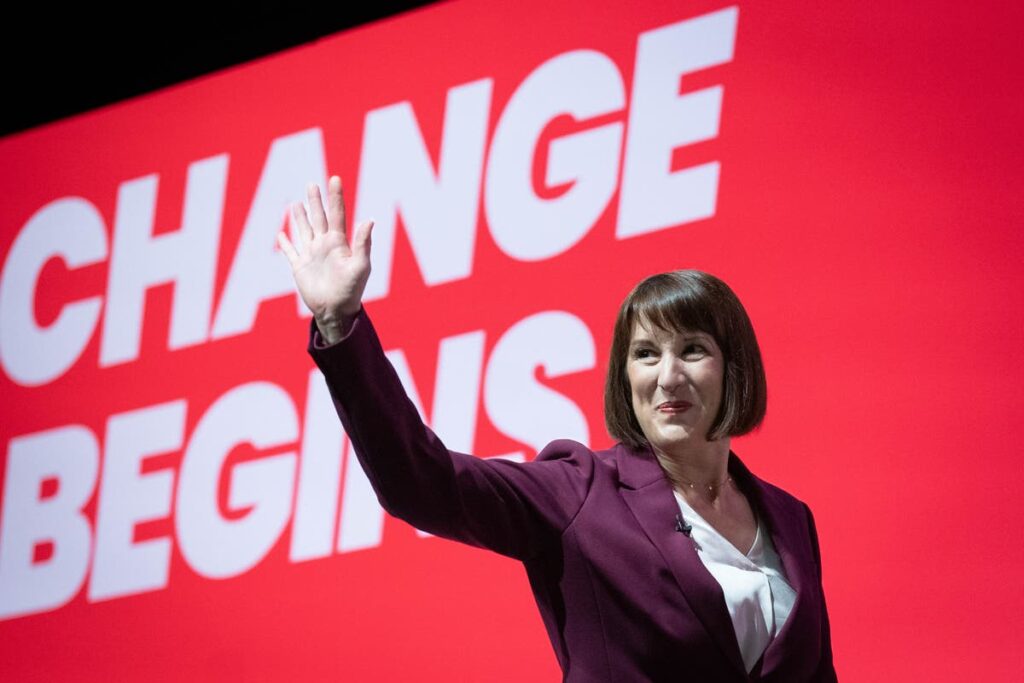The Chancellor, Rachel Reeves, faces amplifying criticism regarding a proposed increase in inheritance tax, a measure that many argue unjustly affects middle-class homeowners. The inheritance tax, colloquially known as a ‘death tax’, has long been unpopular despite impacting just four percent of estates.
Rachel Reeves’ plan to increase inheritance tax, which currently contributes around £7bn annually to the Treasury, incites widespread dissatisfaction. Many feel this move disproportionately targets hardworking savers, forcing them to ‘pay the price’. This sentiment was echoed by senior Conservative figures who criticised the Chancellor for potentially penalising those saving for future generations.
Discussion about the £325,000 threshold for inheritance tax highlights its inadequacy in reflecting current housing markets. In regions like southern England, the average property value surpasses this figure, further fuelling the backlash against the proposed changes.
The proposal has intensified debates, with experts like Martin Lewis highlighting the anxiety surrounding inheritance tax. Despite affecting a minority, public apprehension remains high, evidenced by polls showing strong opposition to tax hikes.
As baby boomers reach their late seventies, the absorption of their wealth into the inheritance tax net appears inevitable without adjustment. This demographic shift pressures the Labour government to reassess current rules, sparking concerns over fair wealth distribution and tax equity.
Former business secretary Jacob Rees-Mogg criticised the taxes necessitating asset sales, arguing they ‘distort investment vital for growth.’ He warned that increased tax rates might hinder economic expansion, a crucial consideration amid balancing fiscal responsibilities.
Despite various strategies to cope with inheritance tax, families must navigate an intricate system often leading to significant financial strain. Thus, the debate over appropriate relief and reform measures remains a critical issue.
Public surveys reveal a strong disapproval of increased inheritance tax rates, with only a minority in favour. The uncertainty over coming legislative changes warrants attention as families seek clarity on potential financial impacts.
Growing public dissatisfaction with the proposed inheritance tax increase underscores a pressing need for balanced reform. Addressing concerns over fairness and economic implications is vital for ensuring equitable tax policies that reflect current societal values.

